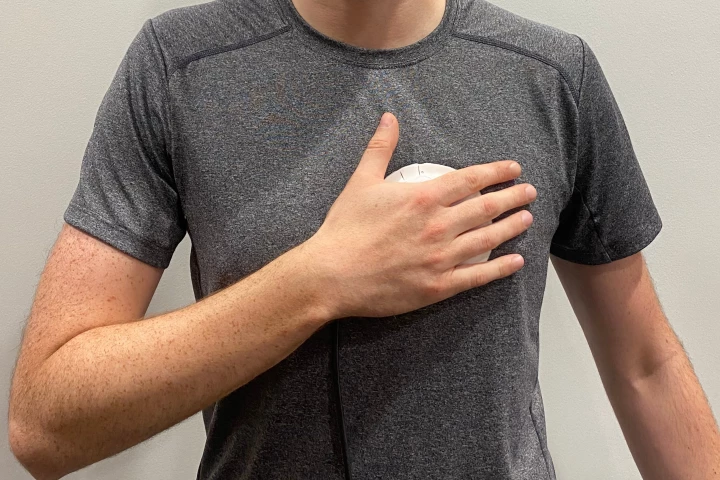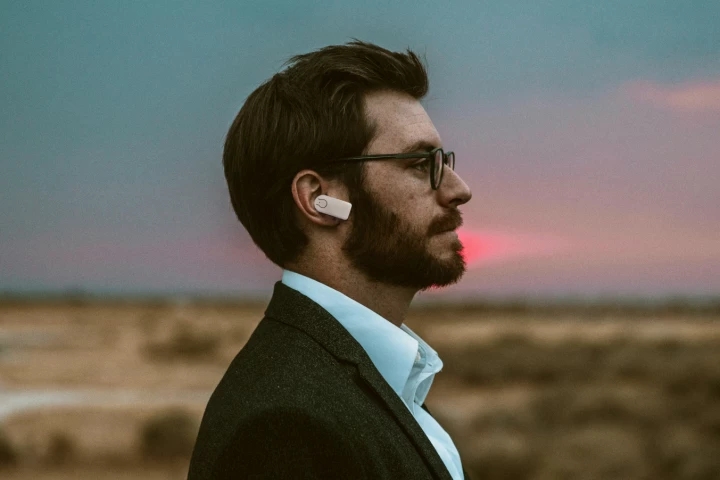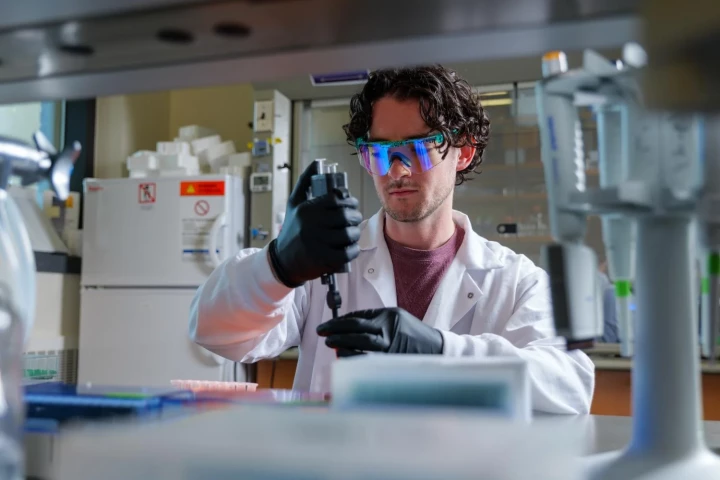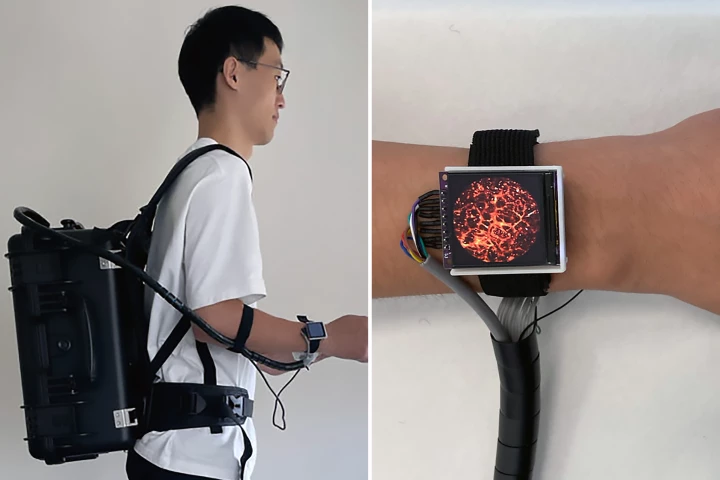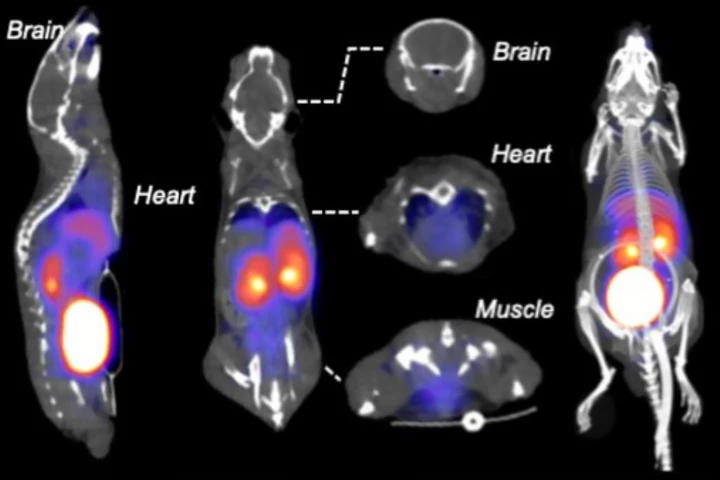Diagnostic devices
-
Diagnosing celiac disease often means exposure to the thing that makes you sick, which can be debilitating. It may soon be simpler and pain-free, with a first-of-a-kind test that can detect and gauge the severity of the disease in a test tube instead.
-
Animals that produce their own light source, through an internal chemical reaction, are a true wonder of nature – and something biotechnology scientists have been working hard to replicate and adapt for human use. They've now made a huge breakthrough.
-
During the pandemic, most of us got used to medical consultations being performed via the phone or Zoom. That said, there are still times when diagnostic devices need to be used … which is where the H3 Health Cube is designed to come in.
-
This week a study set off alarm bells, estimating that the overuse of computed tomography – or CT – examinations could result in five per cent of new cancers disagnoses annually. Since 2007, the use of the imaging technology has risen 30% in the US.
-
While a stethoscope will tell you if someone has a respiratory ailment, it will only share that info in the few minutes it's being used. A new device could paint a much bigger picture, by monitoring the patient's breathing for days at a time.
-
Valvular heart disease (VHD) is a potentially fatal condition, yet it's hard to diagnose with a regular stethoscope. A possibly life-saving new stethoscope is claimed to be much better at the job, plus it can be used by just about anyone.
-
If you're gonna be inserting an object into one of your orifices anyways, why not have it check up on you while it's in there? That's exactly what the OpenEarable 2.0 earphones do, using integrated sensors to measure over 30 physiological parameters.
-
A non-invasive brain-computer interface that produces real-time EEG feedback on neural activity while the user plays a video-game, and then assesses data with AI, is helping clinicians more accurately diagnose attention-deficit/hyperactivity disorder.
-
Nobody enjoys giving blood samples, but it’s a necessary part of doctor visits. Soon we might not have to, thanks to a new device that can isolate biomarkers for different diseases using sound waves, from a single drop of blood, in around an hour.
-
Google Research and Google’s AI research lab, DeepMind, have detailed the impressive reach of Med-Gemini, a family of advanced AI models specialized in medicine. It's a huge advancement in clinical diagnostics with massive real-world potential.
-
A tiny high-resolution photoacoustic imaging device that fits into a watch has been developed, offering a non-invasive way of measuring health parameters that indicate how well your heart is ticking along. It also looks cooler than any Apple Watch face.
-
A radioactive form of fructose, a natural sugar found in fruit, can illuminate cancer and inflammation in medical scans. This approach has the potential to make diseases easier to spot than current techniques, leading to better early detection.
Load More





